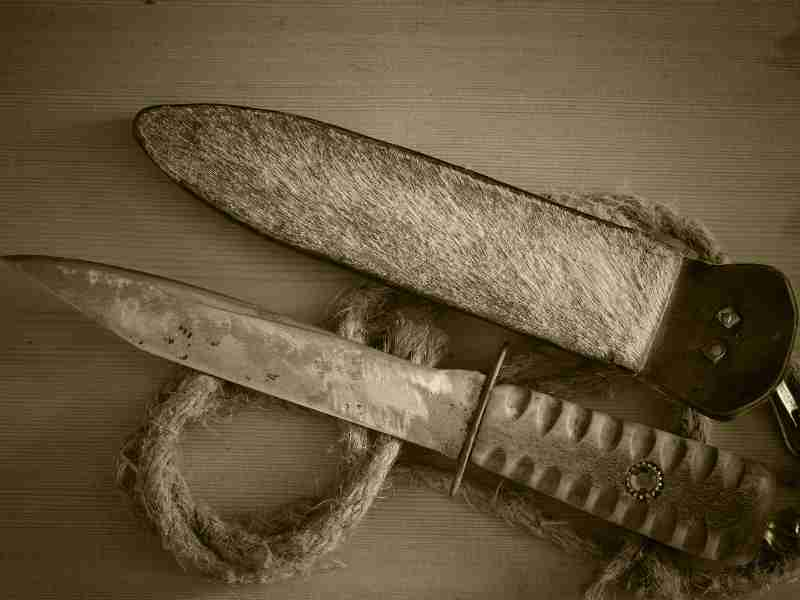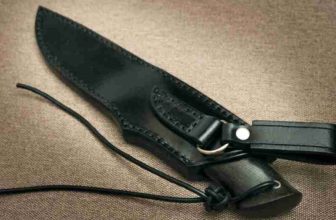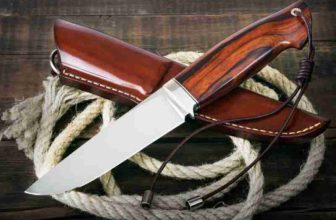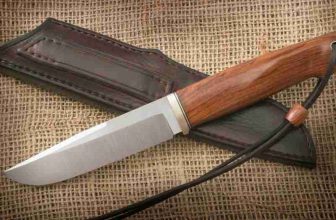
When engaging in knife play, it is essential to maintain a clean and sanitary environment. This includes ensuring that knives or blades are regularly cleaned and sanitized to reduce the risk of infection or injury.
Before beginning, it is important to clean the blade with soap and water thoroughly, paying special attention to the handle, as bacteria can gather there over time. The blade should be wiped down with a damp cloth and then allowed to dry completely before use. It is also recommended that plastic covers be used on the handles when not in use, as this will prevent other materials (such as lube) from getting onto them. After each use, the blade should be cleaned with soap and water and dried before storing.
It is also important to regularly disinfect any blades or knives used during knife play. The disinfecting solution should be applied directly onto a cloth or paper towel, which can then be used to wipe down the blade before storage. It’s best to avoid using alcohol-based liquids such as rubbing alcohol as they can corrode some metals over time. Instead, stick to disinfectants for metals or natural alternatives such as vinegar or hydrogen peroxide.
Finally, it is important to maintain good hygiene habits by washing your hands between uses and avoiding contact between cuts on body parts and the blades used in knife play activities. Doing so will help reduce the risk of infection from harmful bacteria, which could otherwise lead to serious health complications if not treated properly.
Take Away:
By following these simple steps before, during and after engaging in knife play activities, you can help ensure your experience remains safe and enjoyable for everyone involved without compromising sanitation standards.







[…] to its functionality and remarkable design. Although it may appear harmless, possessing or using a ballistic knife is illegal in many countries because of its potential for […]